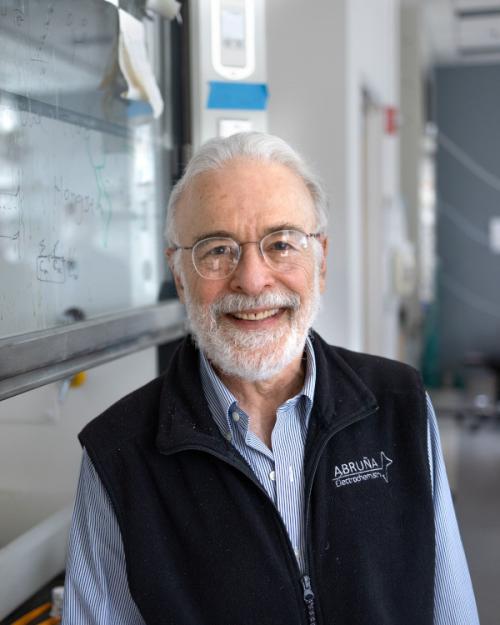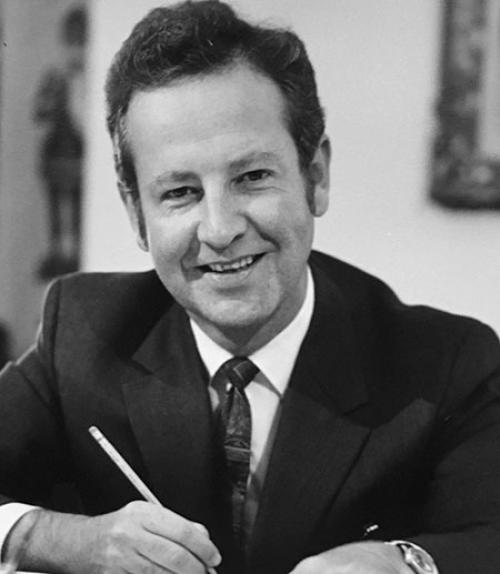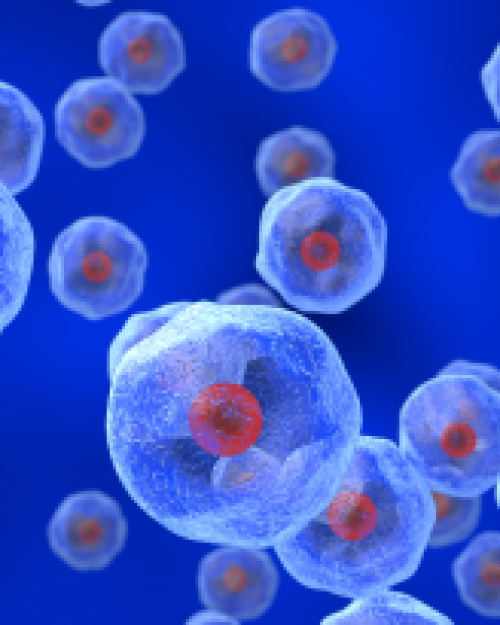Former Cornell Provost Robert Plane dies at 90
Robert A. Plane, a professor emeritus of chemistry who served as the university’s eighth provost during the tumultuous late 1960s and early 1970s, later becoming an innovative Finger Lakes vintner, died Aug. 6 at his home in Albuquerque, New Mexico.
More news


Abruña honored for chemistry in the public interest
A&S Communications

Student spotlight: Bayu Ahmad
Cornell University Graduate School

